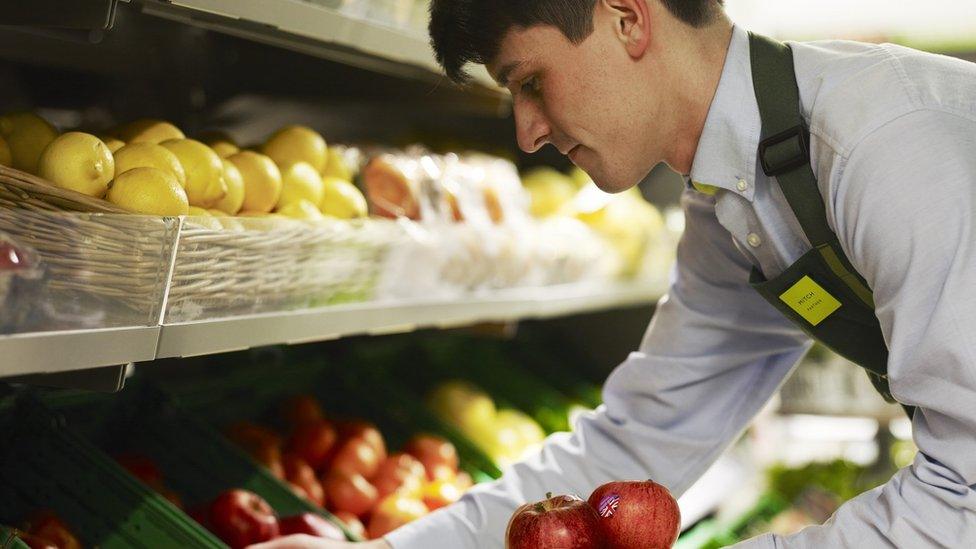Asda ends best before dates on 200 fresh products
- Published
- comments
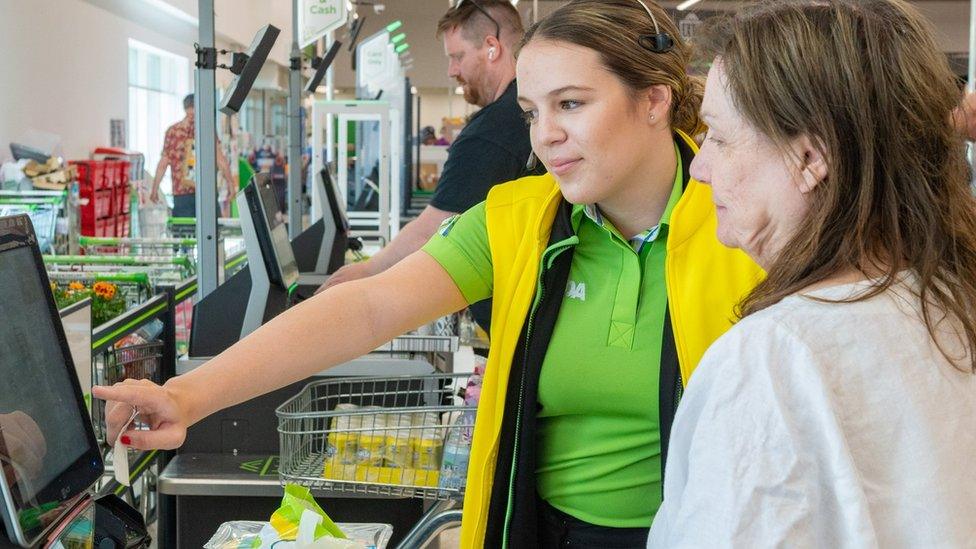
Asda is scrapping best before dates on hundreds of fruit and vegetable products to help reduce food waste.
The supermarket will make the change to more than 200 products across its UK stores from September.
They will be replaced by a code that Asda staff will use to check quality and freshness.
Waste & Resources Action Programme (Wrap) said the average family throws away £60 worth of food and drink each month.
Products including citrus fruits, potatoes, cauliflowers, and carrots will all have the labels removed.
Catherine David, director of collaboration and change at Wrap, said: "We are delighted by this development from Asda to help tackle food waste in our homes.
"Our research has shown that date labels on fruit and veg are unnecessary - getting rid of them can prevent the equivalent of seven million shopping baskets' worth from our household bins."
Best before labels are used to indicate when the product is at its best quality, taste and texture. But foods can be safe to eat beyond this.
They are different to use by dates, which show when food can be cooked and consumed safely.
The Food Standards Agency said use by dates should be on "food like meat products and ready to eat salads which could be unsafe if left for too long".
Asda's Andy Cockshaw said: "Reducing food waste in our business and in customers' homes is a priority and we are always looking at different ways to achieve this.
"We know for customers this has become more important than ever in the current climate as many families are struggling with the cost-of-living crisis and are looking to make savings wherever they can."
In July, Marks & Spencer announced it would remove best before dates on more than 300 fruit and vegetable products, while Tesco took best before dates off more than 100 fruit and vegetable products in 2018. Waitrose will remove the labels from nearly 500 food items from September.
Asda said removing best before dates will help to achieve its aim of becoming a zero waste business and reaching its target of a 20% reduction in waste by 2025.
Related topics
- Published26 October 2022

- Published9 January 2022
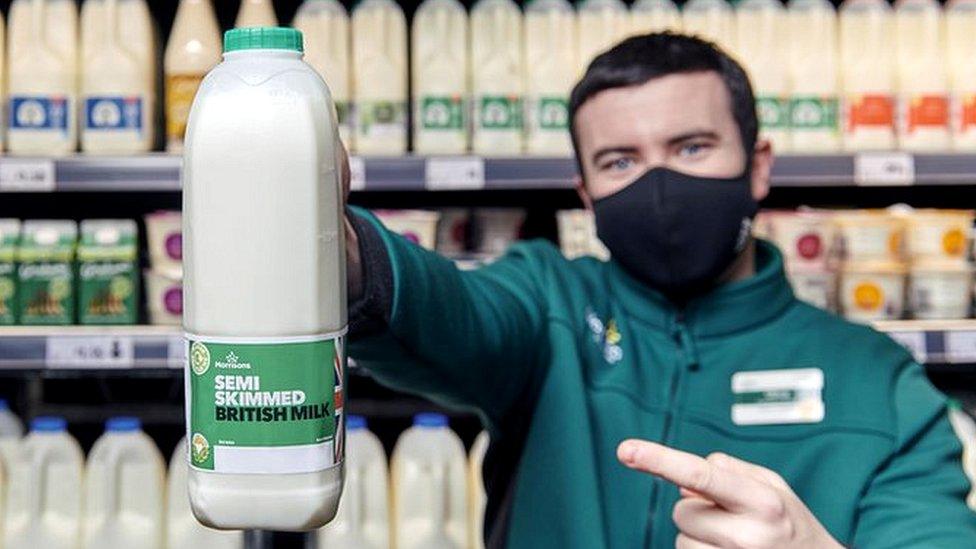
- Published8 October 2018
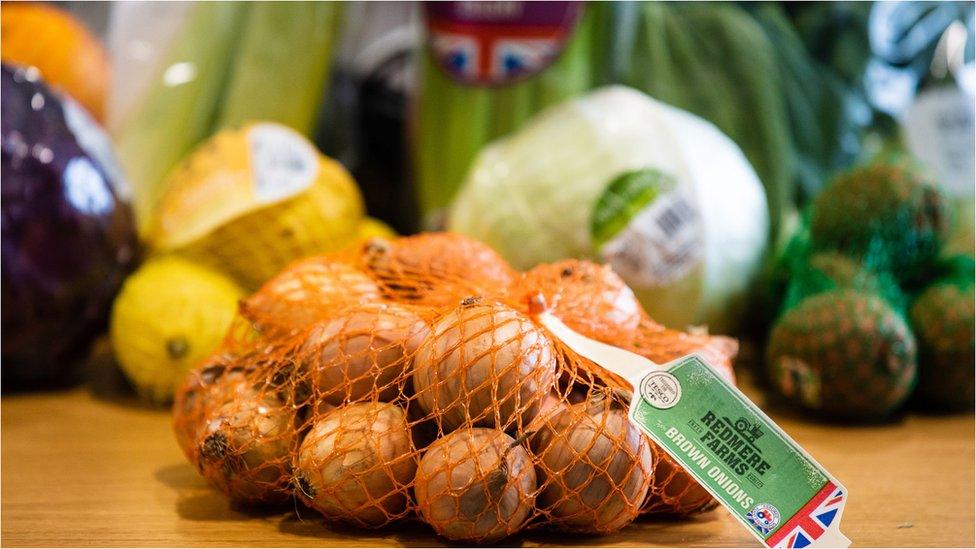
- Published22 April 2022
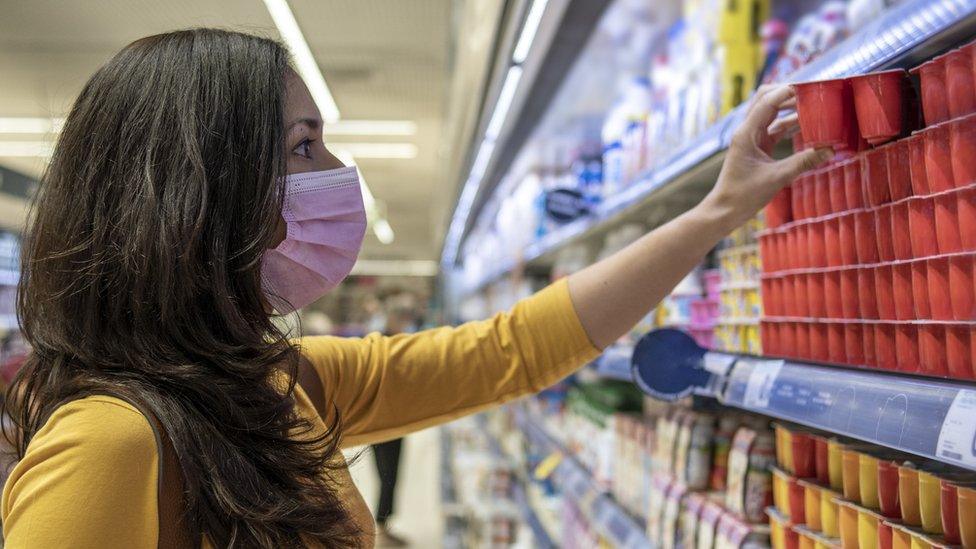
- Published1 August 2022
